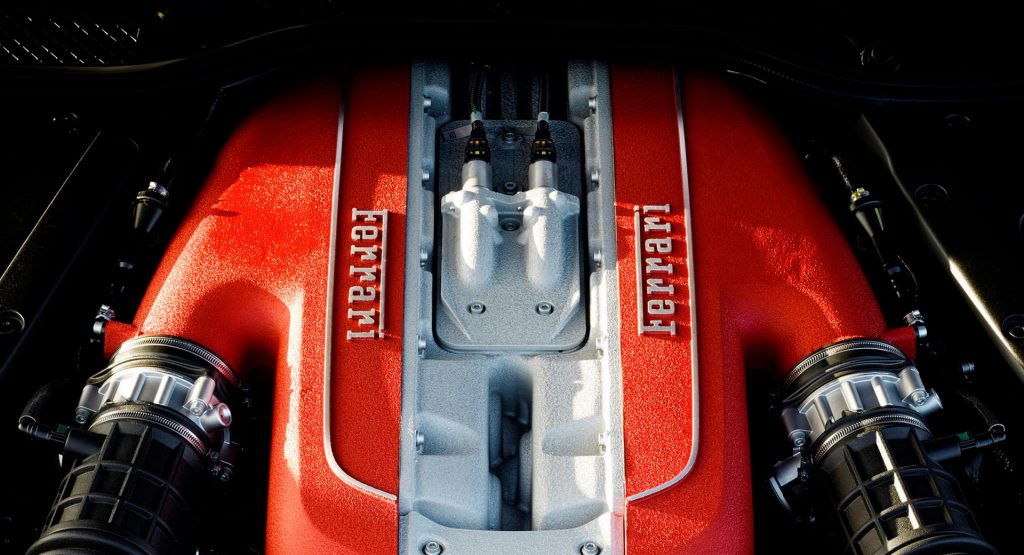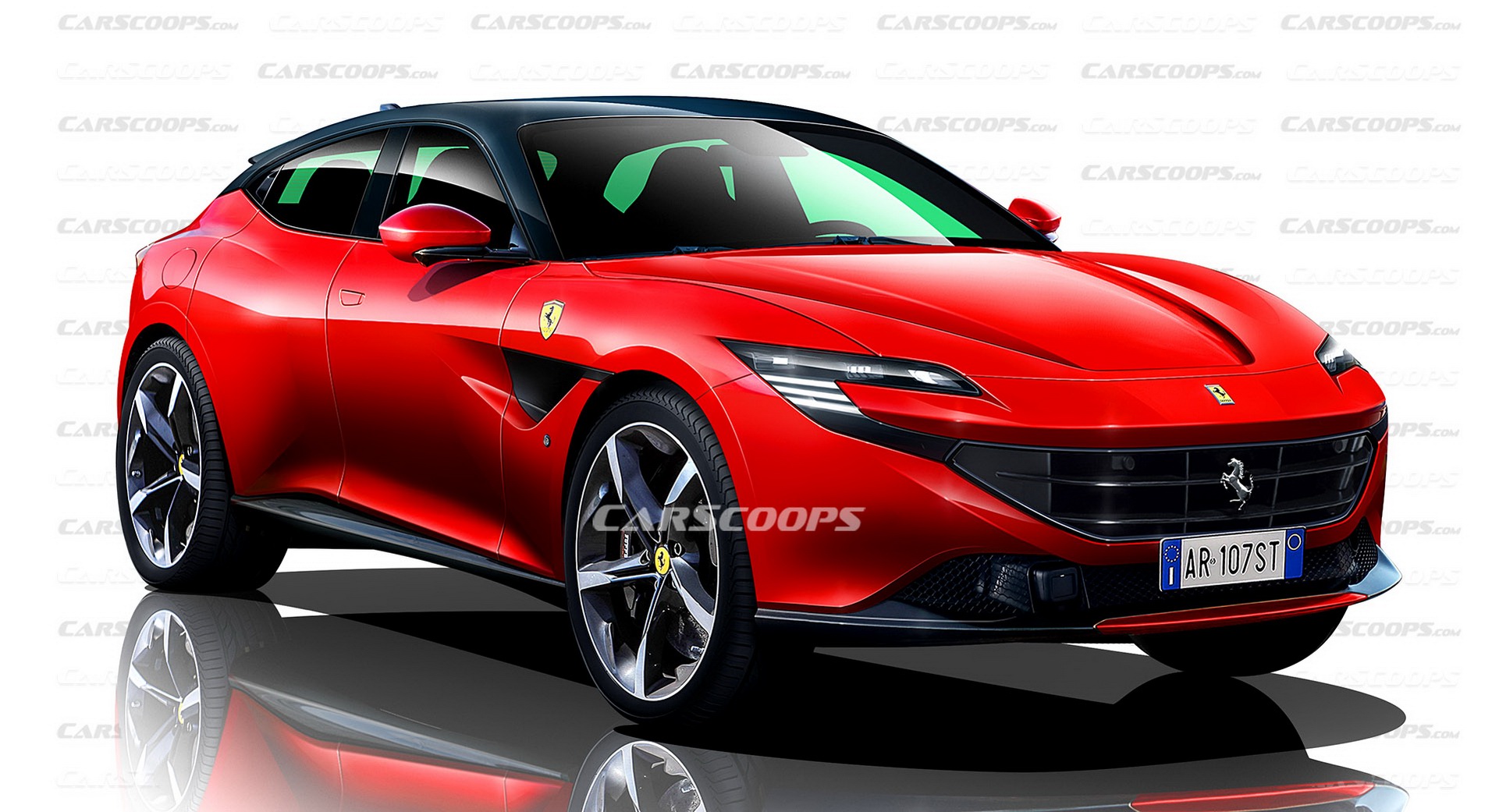Ferrari’s switch from a turbocharged V8 to a turbocharged and hybridized V6 for the new 296 GTB resulted in more power and slashed emissions and fuel consumption. And from what we hear from a source close to the Maranello HQ, Ferrari is getting ready to give its V12 engines some similar treatment to keep them alive.
That news, though uncorroborated, contradicts some earlier reports that suggested Ferrari would add hybrid technology to its V12s but stick with naturally aspirated power. The source claims that while the cylinder count won’t drop, the V12’s cubic capacity will be reduced from its current 6.5-liters.
The V12 Engine Is A Ferrari ‘Pillar’
Ferrari only began making V8 road cars in 1973, so the configuration, while long-lived, isn’t core to the brand’s DNA. The move to a V6 then, which Ferrari offered in its Dino line from the mid 1960s, wasn’t a big deal.
But its relationship with the V12 goes right back to the very first Ferrari of 1947, and Maranello is determined to keep building them as long as it legally can, considering it one of the pillars of the brand. The upcoming Purosangue SUV, 812 replacement and LaFerrari hypercar successor will likely all get some form of V12 power, though whether they’ll all share the same mix of technologies is unclear.
Ferrari has been busy figuring out how to keep its V12 on sale without making coal fired powered stations look ecologically sound. Hybridization is the obvious answer, and in producing the LaFerrari hypercar, SF90 and 296 GTB, Ferrari has plenty of electrified experience to draw on.
Cross-town rival Lamborghini is wrestling with a similar conundrum, and will apparently infuse the new naturally-aspirated V12 for its Aventador replacement with a hybrid system because it doesn’t want to dilute the pure sound and throttle response of its V12 with turbochargers.
Turbocharged U-Turn
Back in 2017, then-Ferrari CEO Sergio Marchionne was also ruling out turbocharging for Ferrari’s V12, at least in the immediate years that followed. “Our head of engine programs told me it would be absolutely nuts to [put a] turbocharger on the V12, so the answer is no. It [will be] naturally aspirated, with a hybrid [system],” the sweater-loving CEO told Autocar.
But those immediate years have passed, and, sadly, so has Marchionne. Turbocharging the V12 makes sense. Ferrari made the switch from naturally aspirated V8s to turbocharged V8s more than five years ago, and though plenty of people are still nostalgic for the old louder, revvier 458, whose used values are extremely strong as a result, the 488 and F8 that followed were faster and more efficient. And in the case of the Portofino and Roma, the more relaxed nature of the turbo engines arguably better suits the GT cars’ characters.
Related: Here’s What We Know About Ferrari’s Pursonague SUV And What It’s Got To Beat
If, as rumored, Ferrari drops a V12 into its upcoming Purosangue SUV, then that too would probably be a natural fit for a turbocharged V12 and its strong low-rev pull, while all-wheel drive would help control a power output that could theoretically top 1000 hp in its most extreme form. That would really set Ferrari’s crossover out from the crowd.
Conversely, turbocharging (along with hybrid V12 power) would also enable Ferrari to endow its next hypercar with the muscle necessary to put the kind of clean air between itself and the LaFerrari that the LaFerrari did between itself and its Enzo predecessor.
Related: Italy Wants Leniency For Supercar Makers Building Combustion Engines
Or could Ferrari keep that halo car turbo-free, a spectacular last gasp for naturally aspirated power before capitulating to the EV age? We’ve heard Ferrari say that its next hypercar will focus on agility rather than brute power. Ferrari also claims it has a few tricks up its sleeve to keep the V12 going in its current form as evidenced by the extra 30 hp it gained in the transformation from the 789 hp (800 PS) 812 Superfast to the 819 hp (830 PS) 812 Competizione.
Whatever comes next, we don’t doubt it will be packing some ingenious technical innovations. But it sounds like the days of the pure, unadulterated naturally aspirated, unassisted V12 are numbered.




